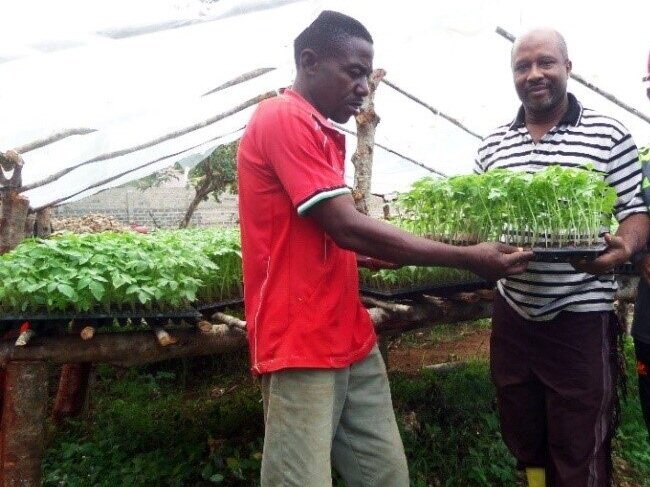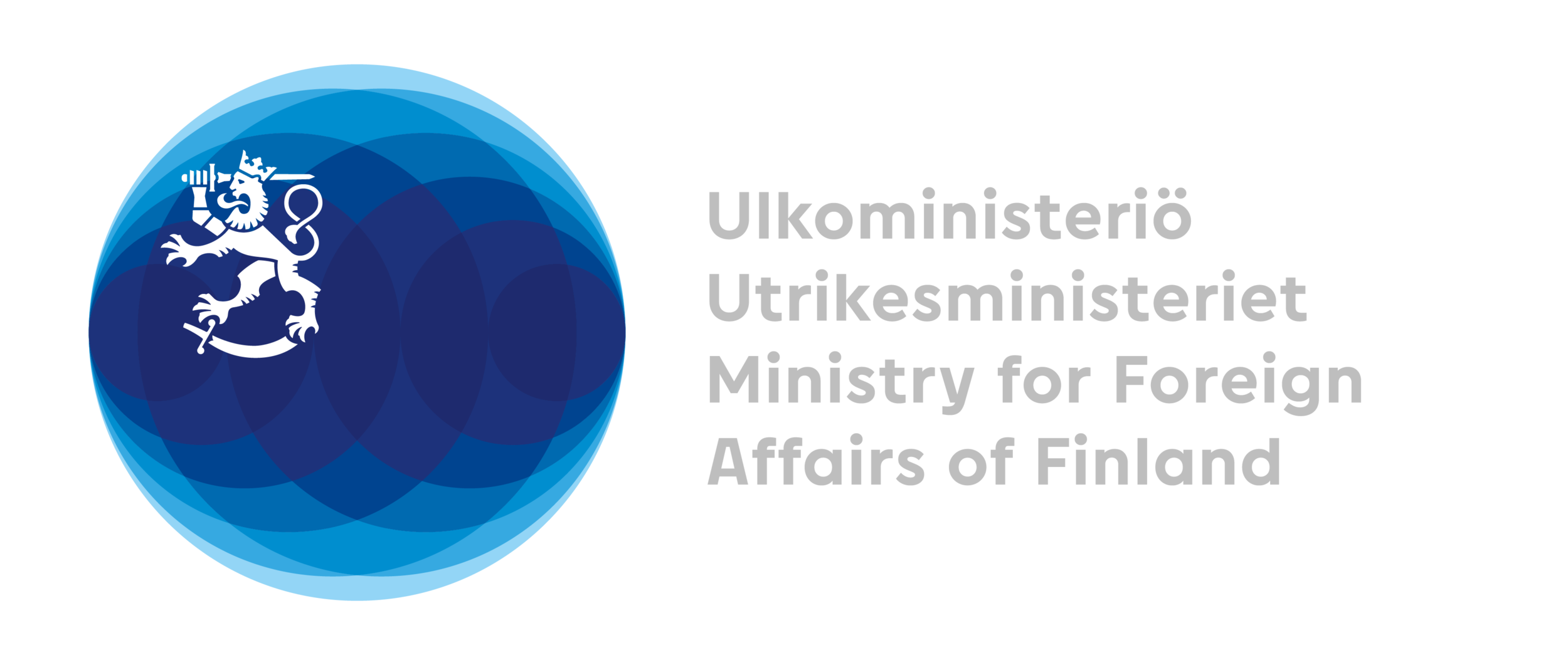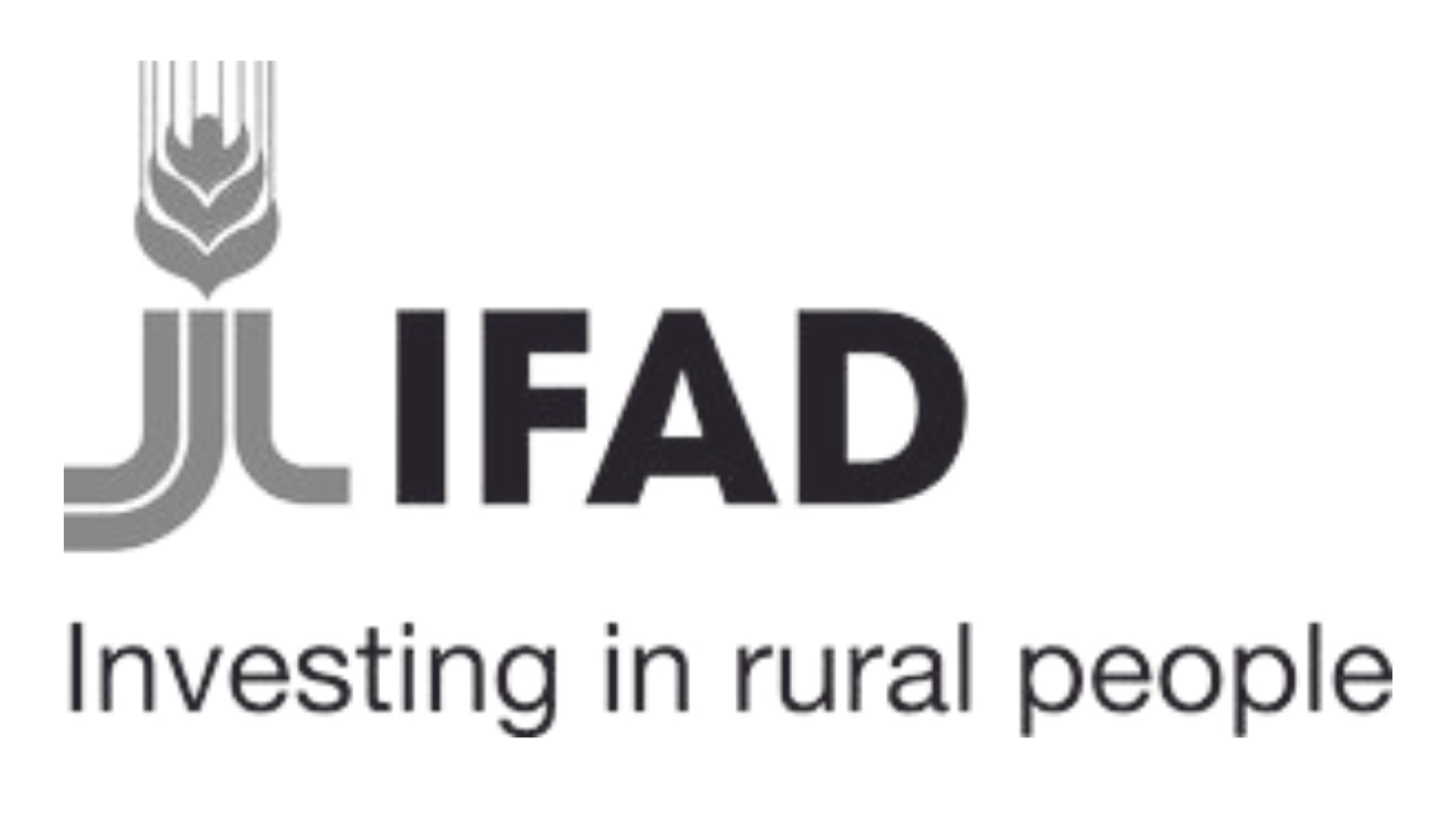When Happy Nyagawa thinks about the future, a smile appears on her face. When asked, how the revolving fund is benefiting her, she answers:
“Now I can pay for my children’s school fees and all the necessary items. I can start dreaming about expanding my activities and income.”
A 40-year-old Happy Nyagawa has 6 children and lives in Matembe, Tanzania. Happy has been rearing chicken and pigs for many years. She used to have 50 chicken and 5 pigs to sustain her family but this didn’t bring her enough income to provide a future for her children.
Happy Nyagawa joined a cooperative supported by FFD. This has enabled her access to a loan of 500 000TZs (200 €) provided through a revolving fund. With the help of the loan, Happy continued doing what she knows the best, raising chicken and pigs. Now she is rearing 100 chicken and 10 pigs, and has access to feed, vaccinations and other treatments. Soon, Happy will be ready to start selling and thus will start earning a higher income.
She is now an advocate of small loan schemes and sees a bright future.
“I will educate my neighbors, especially women, that by being in groups, it pays off. I will insist to them tha thtey should engage in entrepreneurship”.
















